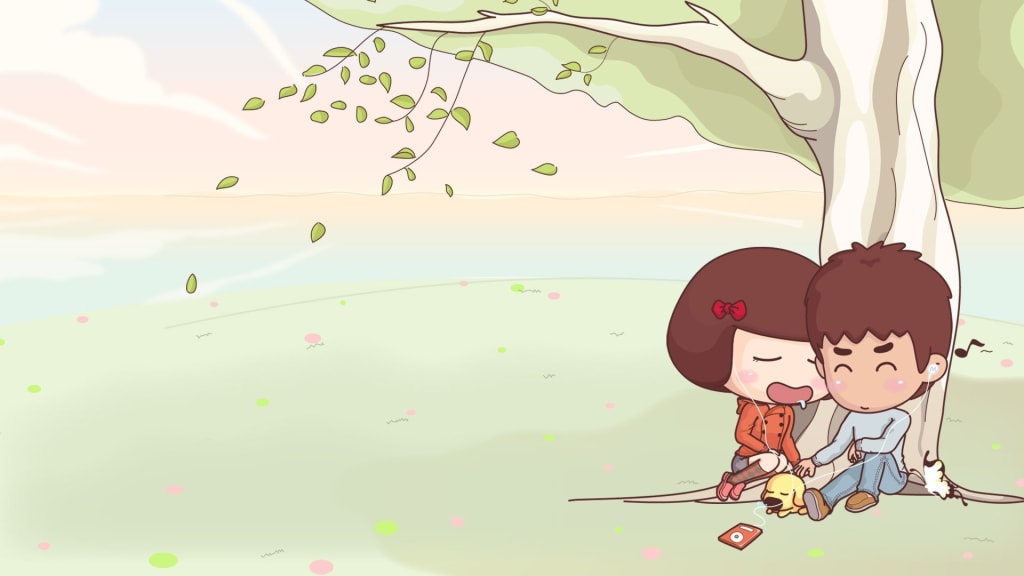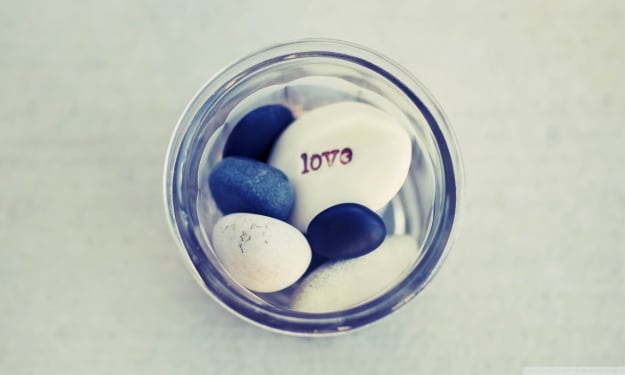Poverty aggravates plastic pollution
Protect the environment from plastic

We know that plastic production and pollution have a great impact on the environment and health, especially in the poorest parts of the world. Poverty is also often used as a reason to promote shoddy plastic packaging, such as single-layer or multi-layer (plastic) small packages. Some companies claim that they make small packages so that low-income people can buy daily necessities such as shampoo and soy sauce, which is good for the poor.
However, what hidden dangers may be caused by the improper placement of those huge amounts of small packaging waste?
Thank you for your help.
On the trash-filled beach on Liberty Island in Paranak, Manila, empty bags of Nestle coffee from Nestl é and Chaseline shampoo from Unilever. (photo: Reuters)
A warrior picking up trash on the beach in Manila
To avoid being engulfed by garbage, Mangrove Warrior, a 68-year-old mangrove warrior, wears gloves, rubber boots and a rake and goes to Liberty Island almost every day.
Willer Gualva, the Warrior of Bacavan, picks up rubbish on the beach on Liberty Island in Paranak, Manila (photo: Reuters)
The island is uninhabited, but every morning, the coast is covered with garbage, mostly disposable bags of shampoo, toothpaste, detergent and coffee, which are transported to the sea by the overcrowded Manila river.
"most of the things we collect here are plastic, and the most common ones are small bags." Gualva says he is one of 17 people hired by environmental protection agencies to help protect the island and its forests. The Department of Environment and Natural Resources (DENR) agency calls them "mangrove warriors" and pays them a little more than $8 a day.
According to DENR, a five-day beach clean-up on Manila Bay Island last month produced 16000 kilograms of rubbish, most of which was plastic, including aluminum-coated plastic packaging mixtures.
These small bags are a way for some of the poorest people in Asia to have access to daily household necessities. For the multinationals that make them, this is a way to increase sales for customers who cannot afford higher prices.
According to a recent study by the Global Incineration substitution Alliance (GAIA), an environmental group, such packaging samples are sold in most developing countries, but the Philippines consumes a staggering 163 million pieces a day.
There are about 60 billion small bags every year, which is equivalent to the area of 130000 football fields.
In Manila's slums, garbage trucks cannot reach them, and small bags and other rubbish are thrown into estuaries or streets, eventually blocking sewers and waterways. This increases the likelihood of flooding and increases the risk of mosquito-borne diseases such as malaria and dengue fever. A report by Tearfund estimates that between 400000 and 1 million people die each year from diseases related to poor waste management in low-and middle-income countries.
"it's hard to make money, so I only buy small packages," said Lisa Lisa Jorillo, a 42-year-old mother of four who lives in a slum in Tondo, Manila, behind a garbage-strewn beach.
"when my son grows up, the garbage may still be there," Jorillo said, referring to her 4-year-old child.
The Philippines' laws on solid waste are poorly enforced and packaging manufacturing is not regulated in the country. The country ranks third in the world for failing to handle plastic, according to a 2015 study by the University of Georgia. The university says 81% of the country's plastic waste is poorly managed.
The small package of the poor
Manila, one of Asia's most populous cities, is home to about 14 million people. Overall, the Philippines has a population of 107 million, 1/5 of whom live below the national poverty line. According to statistical agencies, per capita consumption in the Philippines is less than $241 a month.
Jorillo's family earns about 2500 pesos ($48) a week from her husband's construction work, and she and her family buy about 80 bags of coffee, toothpaste and shampoo a month.
In Manila, near the sea, most of the rubbish ends up in the sea. According to the non-profit marine conservation group, the Philippines, Indonesia, Thailand, Vietnam and China account for 60% of the world's marine plastics, or 8 million tons a year.
Environmentalists say the culprit is not the government or consumers, but the multinationals that produce plastic packaging.
"they have the money to do research to eliminate faulty packaging." Sonia Mendoza (Sonia Mendoza), director of the Earth Mother Foundation (Mother Earth Foundation), which advocates waste reduction. She says filling supplies may be a way to reduce the use of disposable small bags.
Consumer goods packed in disposable plastic bags hang in a store in Navotas, a suburb of Manila, Philippines. (Shashank Bengali / Los Angeles Times)
The GAIA environmental group studied non-recyclable waste collected during clean-up activities in the Philippines and found that 60 per cent of it came from 10 companies, including Nestl é, Unilever and Procter & Gamble.
Nestl é declined to disclose the number of small bags it makes or sells in the Philippines.
Fight against malnutrition
Nestl é said it was committed to finding ways to separate plastic products from the ocean through plastic collection and recycling programs, but added that small bags could prevent the leakage of micronutrient elements, which was essential to address malnutrition, especially among children.
Unilever did not say how many small bags it produces in the Philippines, but said it produced 610000 tons of plastic packaging annually worldwide.
Unilever said the figure included "flexible packaging" used by 1 million small businesses in the Philippines. Nestl é and Unilever aim to achieve 100% global packaging recycling by 2025.
Unilever said it had implemented a community-based small bag recycling project in the Philippines to recycle collected bags into desks, chairs and cement paving stones. It has also piloted shampoo and conditioner filling supplies this year, and plans to expand.
The Philippine government does not have a clear strategy to deal with its plastic crisis.
Plastic rubbish clogs mangroves on the beach of Manila Liberty Island in Paranak. (photo: Reuters)
Elsewhere in the region, Indonesia has a law requiring manufacturers to regulate non-biodegradable packaging, while the resort island of Bali forbids the use of disposable plastics.
Thailand will ban the use of the seven most common plastics in the ocean between now and 2025, such as bottle cap seals, disposable bags, cups and straws.
Vietnam wants to raise taxes on plastic bags, and the prime minister has urged shops to stop using non-recyclable plastics in cities by 2021 and nationwide by 2025.
Ecological brick
PARMS, the Philippine industrial group whose members include Unilever, Procter & Gamble and Nestl é, is building a 25 million peso ($475000) facility aimed at turning small bags into plastic blocks and eco-bricks.
But Von Hernandez, the global coordinator of the campaign to get rid of Plastics, calls it "washing green" or is just trying to be more environmentally friendly.
Some of the bricks made from waste plastic bags are placed at the Philippine Recycling and Sustainable Recycling Alliance facility in Paranak, on the outskirts of Manila. (Shashank Bengali / Los Angeles Times)
"they haven't really changed the nature of their business," Hernandez said of multinationals. " The plastics industry is expected to grow exponentially, especially by 2030. Most of it will be used for packaging, and you can bet that this packaging will eventually become bagged. "
Children play on boats docked on the rubbish-filled shores of Tondo Barcelona Beach in Manila. (photo: Reuters)
Crispian Lao, chairman of PARMS, said small packaging was a necessity for low-income people, but added that the industry was exploring other delivery methods and packaging alternatives.
Senator Cynth
About the Creator
Enjoyed the story? Support the Creator.
Subscribe for free to receive all their stories in your feed. You could also pledge your support or give them a one-off tip, letting them know you appreciate their work.





Comments
There are no comments for this story
Be the first to respond and start the conversation.